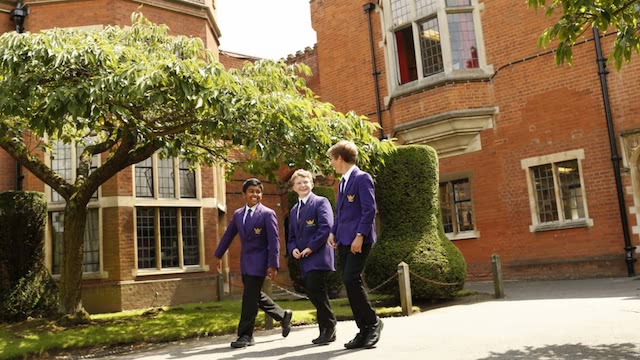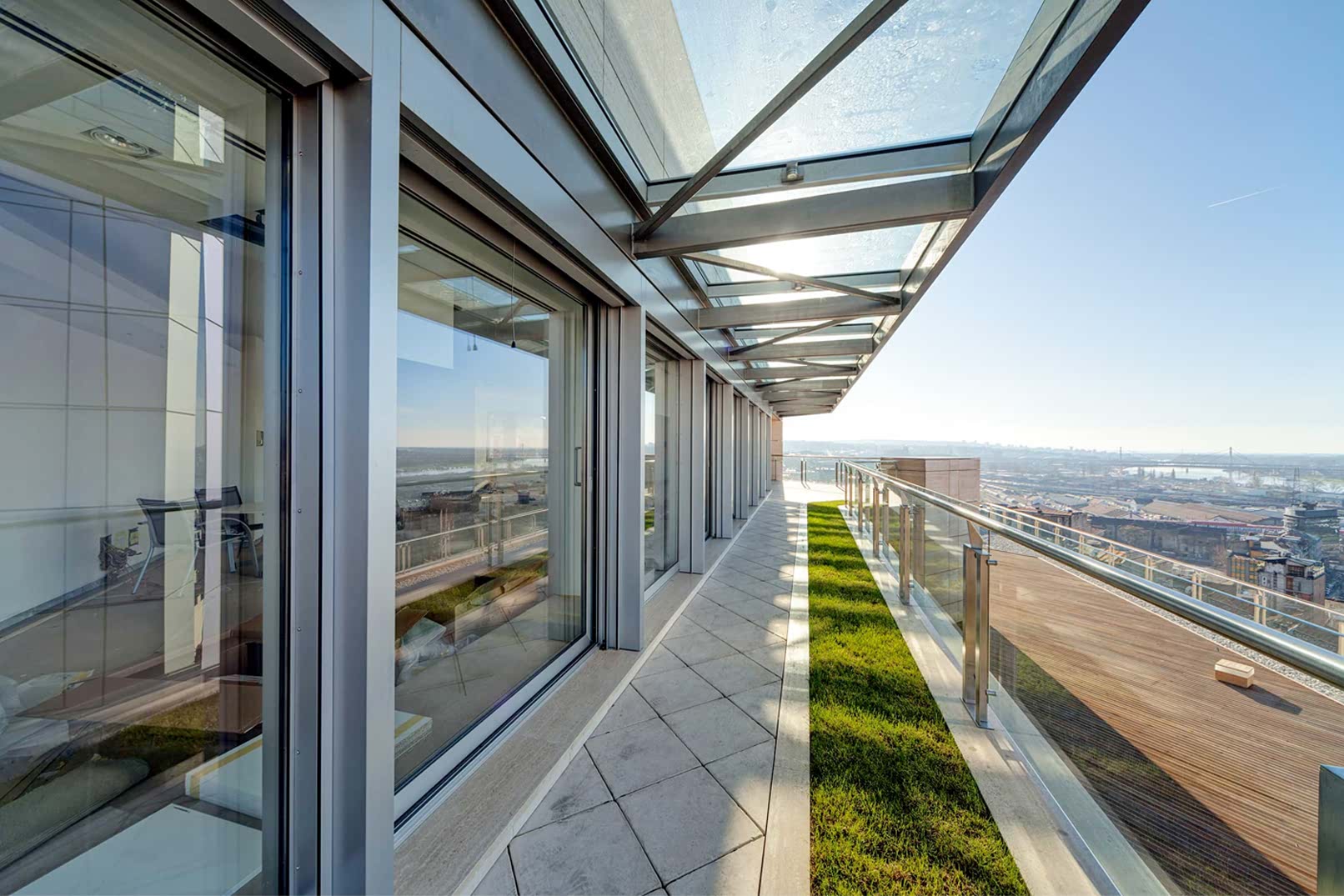The BNO policy is promulgated, and past travel documents have become a way for holders to work and live in the UK. Parents are most concerned about their children’s education. There is a sentence in the government document:
"School aged children of BN(O) visa holders will have access to public education."

In other words, children of BNO holders can enroll in public schools.
There are more than 24,000 State Schools in the United Kingdom. Public secondary schools are mainly divided into two categories: Comprehensive Schools (most of which do not require entrance exams, of course, there are exceptions) and Grammar schools (require entrance exams, fierce competition) . Students generally enter the secondary school system at the age of 11 and attend Year7, which is the form of Secondary One in the context of Hong Kong.
Comprehensive schools also have several major categories: Academies and Free schools, Faith Schools and Community schools. Some comprehensive schools have the so-called "Grammar stream." Some comprehensive schools retain certain selective elements and specialize in students who have outstanding performance in music or sports. Such schools are usually called specialist schools.
The following is a brief introduction to the characteristics of different types of public schools.
Grammar School is a grammar school. There are about 163 Grammar schools in the UK, accounting for 4-5% of the more than 4,000 secondary schools in the country. The competition is fierce. The public examination scores are excellent, and it is the top school among the Yunyun government schools, so it is very popular with British parents. Before Brexit, students from the European Union will also apply. The difficulty of enrolling can be imagined. Different grammar schools have different exams, but there will be at least one English and math test paper, some of which are equipped with verbal reasoning, non verbal reasoning, and creative writing. In the UK, many students who want to enter a grammar school start preparing for the 11+ exam from Year 4 (ie 8-9 years old). The exam is usually held in the last semester of Year 5 or the first semester of Year 6. There are usually two assessments. . In grammar school, grades are everything, and of course, secondary factors such as where you live must be considered.
Faith School is a church school. Schools with religious background will first consider admitting students from families with the same faith background, and the remaining places will be reserved for students living in nearby schools to apply. Based on historical factors and resources, the most popular schools in the UK are mainly Christian schools, and the academic performance of students is also better. The situation is similar to that of Hong Kong. Some very good church schools allow non-believers to enroll, and there are often conflicts. They may not follow the national curriculum and have their own admission procedures.
Community School, which occupies the mainstream of secondary education in the UK, admits students who live in the nearest school depending on the area where students live.
Academy School is operated by the non-profit Academy Trust and also accepts government funding. The courses are flexible and do not need to comply with the School Admissions Code or the School Admissions Appeal Code. The level is variable, and the reviews can be very polar. The famous ones are King's Maths School and UCL Academy.
Free School is also a school that receives government funding. It recruits "all-ability" students, but it is not subject to the supervision of the local council. The school can teach in accordance with the national curriculum and govern in the school. It enjoys a high degree of freedom as well as in teaching. However, Free School must also abide by the School Admissions Code and also be included in Ofsted's supervision.
Public schools are similar to all kinds of things. Parents can use Ofsted Report to understand the school and understand the professional evaluation of school performance by the education department. However, the quality inspection of the school is not carried out every year. It is advisable to figure out the year of the inspection by yourself to avoid being The report is misleading. In addition, if possible, you may wish to directly listen to the opinions of local parents, and personally understand whether the school is suitable for your children from the perspective of the user.
Parents should also consider the following questions: Is the child suitable for a single-sex school or a mixed school? Want to be in a rural or urban environment? Is the school large or small? If competition is fierce, will it thrive or be under pressure? Is the area safe? Can you rest assured that your children go to school and go home alone?
Choosing a school is indeed a matter of knowledge.
